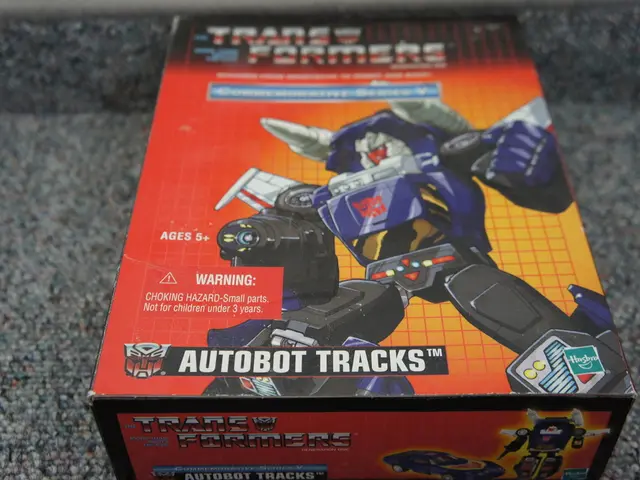Applications of Artificial Intelligence in Transportation and Freight Forwarding, Ranked
Artificial Intelligence (AI) is transforming the transportation industry, making travel more efficient, sustainable, and safe. From self-driving cars to optimized supply chains, AI is at the forefront of this technological revolution.
AI is the brain behind self-driving cars, enabling vehicles to navigate roads, understand their environment, and make driving decisions without a human. This technology not only promises a future without traffic jams but also reduces fuel consumption and emissions, contributing to a cleaner environment. Companies like Waymo and Tesla are leading the way with sophisticated AI systems powering their self-driving cars.
In the realm of supply chains, AI is simplifying complex logistical tasks. Applications such as dynamic route optimization, real-time shipment tracking, and automated load optimization are automating the transportation industry. For instance, FedEx and UPS are using AI-based route planning to cut down on travel distance, fuel consumption, and delays, thereby increasing fleet utilization and supporting last-mile delivery efficiency and sustainability.
AI is also optimizing public transportation, reducing wait times, and improving route optimization. Smart public transportation systems are predicting demand and adjusting schedules accordingly, making travel more convenient for commuters.
However, the integration of AI in transportation presents challenges. Issues such as data quality and availability, system integration, safety and reliability, ethical and legal concerns, regulatory and standardization hurdles, and economic and societal impacts need to be addressed.
Despite these challenges, AI is proving to be a game-changer in the transportation sector. It is saving fuel, reducing traffic, and reducing emissions through techniques like platooning of autonomous trucks. AI is also integrating electric vehicles into the transport system, adapting to infrastructure and managing the demand for energy.
AI is also making last-mile delivery more efficient using robots and drones. Companies like Amazon are relying on AI-powered systems to manage inventory, predict demand, and optimize delivery routes.
AI is working with technologies like IoT, machine learning, cloud computing, big data, and 5G to improve connectivity between vehicles. This connectivity is essential for AI to predict possible hazards before they occur, reducing accidents.
AI is also improving public transportation efficiency by predicting demand and providing real-time information to passengers. Companies like Uber are using AI algorithms for ride-sharing matching, predicting demand fluctuations, and calculating dynamic pricing.
In conclusion, AI is revolutionizing the transportation industry by automating complex logistical tasks, reducing environmental impact, cutting operational costs, and increasing the agility and resilience of transportation supply chains. Our website offers AI tools for transportation companies, helping them make their businesses run better and reach their goals. As we move towards 2025, the role of AI in transportation is only set to grow, making travel safer, more efficient, and more sustainable.
Read also:
- Show a modicum of decency, truly
- Latest updates for July 31: Introduction of Ather 450S with expanded battery, unveiling of new Tesla dealership, and additional news
- VinFast's debut EV plant in India, Tata Harrier EV distribution starts, next-gen Mahindra Bolero sightings caught on camera
- Tesla-powered residences in Houston create a buyers' frenzy








